An End-of-Year Assortment from the Honest Broker
Here are 20+ Links, Images, Videos, Observations & Idle Amusements
We’ve almost survived 2022, and soon get to start all over again—sorta like a video game.
Below is an assortment of links, observations, images, videos, and idle amusements. At least a few of them should set the tone for 2023.
The Honest Broker is a reader-supported guide to music, books, media & culture. Both free and paid subscriptions are available. If you want to support my work, the best way is by taking out a paid subscription.
The first words you see predict what you get next year.
Below are some of the artistic works that enter public domain on January 1, 2023. For a longer list, click here.
A new study shows that even music we can’t hear makes us want to dance.
When your band isn’t getting much word of mouth, it may need a new name. Consider the case of Eximperituserqethhzebibšiptugakkathšulweliarzaxułum.
That Belarus band is a mouthful, but it’s short compared to its new album title (below):
You can listen here, but don’t say you weren’t warned.
I don’t believe this at all, but experts insist: Viewers enjoy TV police shows more if there’s a disgusting crime scene.
According to science, nightmares can be silenced with a single piano chord. If I’m reading this correctly, the chord is a C 6/9—a kind of Bill Evans-ish sound.
There are more reports of people listening to brown noise for relaxation and productivity. Author Zadie Smith claims she listens to it “day and night.”
I recently learned that visitors to London Bridge Station can play a pipe organ that’s just sitting there. I’m happy to report that people are lining up to perform.
I hope there’s at least a tip jar.
I’ve also learned more about the history of this organ, and the organization that finds new homes for unused and unloved church organs in these kinds of settings. Can we do something like this in the US?
It sometimes seems like every novel nowadays is set on a college campus. I guess people write about what they know. But if you want to narrow down the options, here’s a list of the 60 best campus novels of the last 100 years.
I’ve only read 17 of these, but they include some of my favorites—for example, Lucky Jim and The Marriage Plot.
Here’s a follow-up to the recent story about Lester Young: I once asked Stan Getz, who greatly admired and learned from Young, which tracks by the saxophonist he found most inspiring. Here’s one of the songs he mentioned. Young’s solo starts right after the one minute mark.
By the way, Getz also confirmed a story I had heard—that he quit the Stan Kenton band simply because Kenton criticized Lester Young.
Gets said that the story was true, and proceeded to imitate Kenton, in a snooty voice, griping about saxophonists who sound like Lester. I wish I could share a recording of this off-the-cuff impression.
Downbeat Readers’ Poll Winners from the 1950s until 1970 (source)
The longevity of some of these reigns is impressive.
Novelists are already using artificial intelligence to help write their stories. But there’s one tiny problem:
New technologies have always inspired songs. A century ago, it was wireless radio—and here are some of the songs that celebrated it.
Elvis Presley once told an interviewer: “I get one third of the [writing] credit just for recording [a song]. It makes me look smarter than I am!”
But this raises the obvious question: If Elvis wasn’t a songwriter, why did he get paid like one?
My view is that the ongoing increase in the number of composers per song is just a profit-sharing scheme. It’s like becoming a ‘name’ partner at a law firm—you get a little more recognition and an ongoing income stream.
The economics are very similar. If you’re a composer you share in the risk, but also have more upside—just like those law firm partners. In theory, you might do a better job when incentivized in this manner.
A 15-second song on TikTok shouldn’t get the same royalties per play as a 5-minute track. So why don’t they calculate royalties by the second?
The buzzer at Frank Sinatra’s house in the Hollywood Hills:
Today I learned that nobody can figure out how knights fought in medieval times. They used swords and shields in strange ways.
Electric cars may kill AM radio. These vehicles disrupt AM spectrum broadcasts with electromagnetic interference. Hence many new models are abandoning AM.
So far Tesla, BMW, Audi, Porsche, Volkswagen, and Ford have made the move.
The world’s leading investor in song rights offered some insider comments on the cooling market for music catalogs. The main takeaway is that it’s cheaper to buy new songs.
“These are songs we buy on low multiples relative to the rest of the portfolio, sometimes single digit [multiples],” he explains. He notes that acquiring cheap new songs might be smart bargain hunting.
Maybe so. On the other hand, what does it tell us about the music business if something new is worth less than something old?


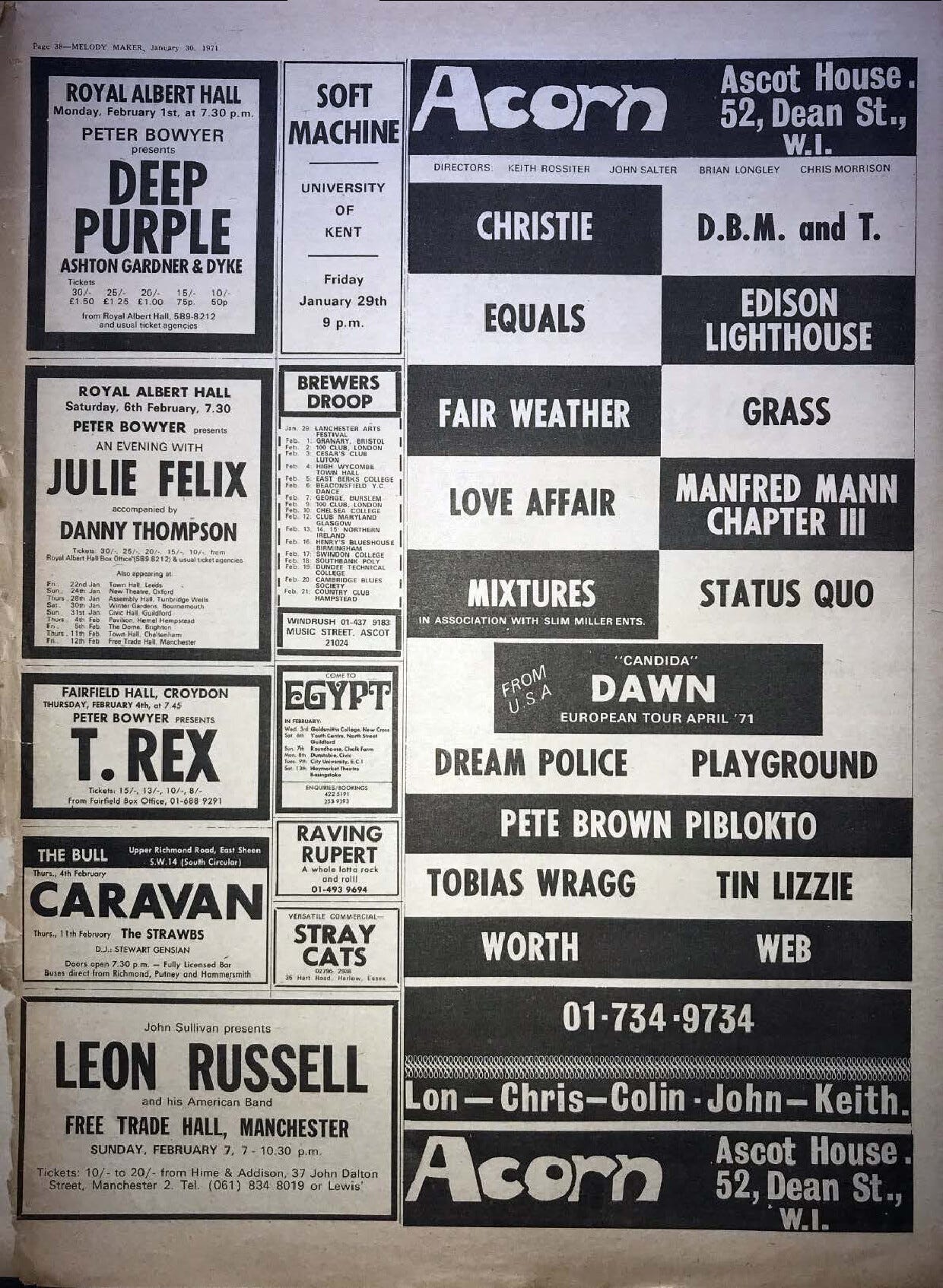
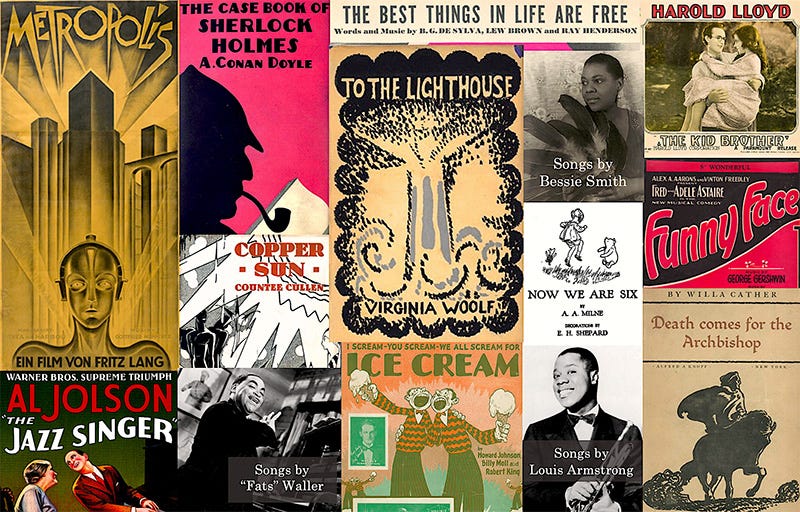



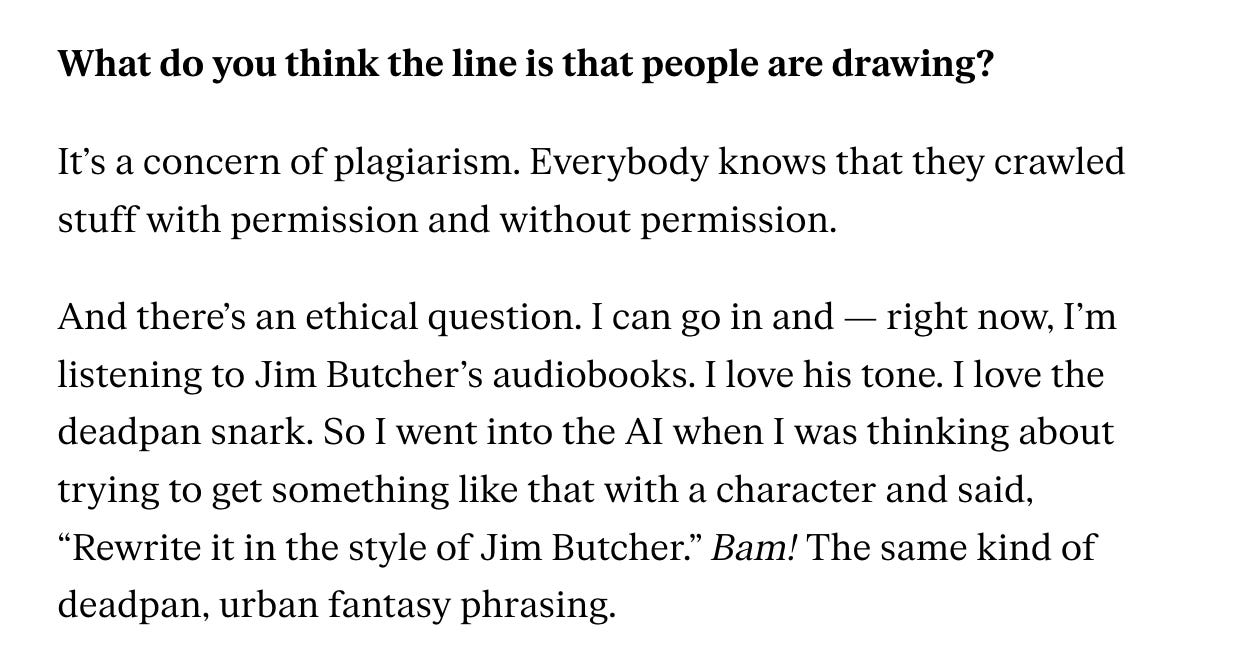

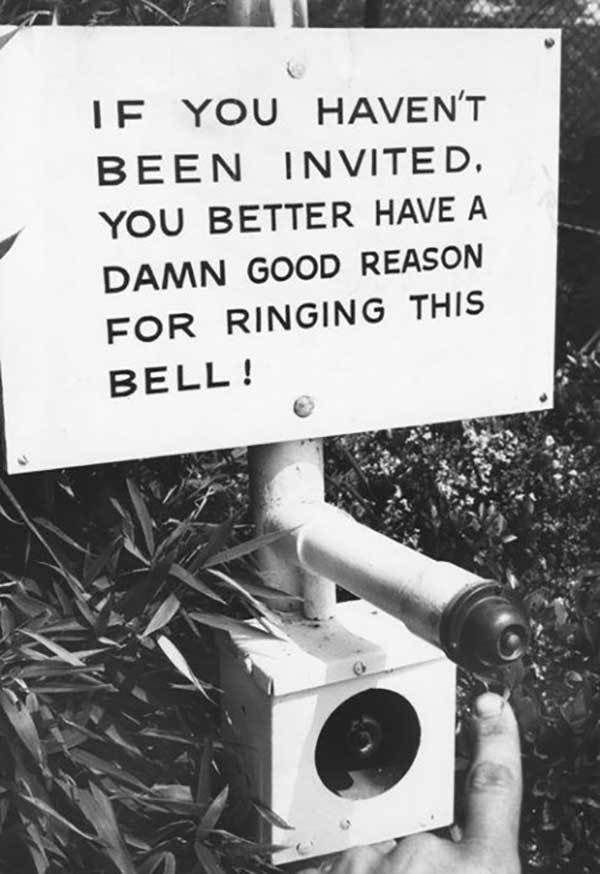
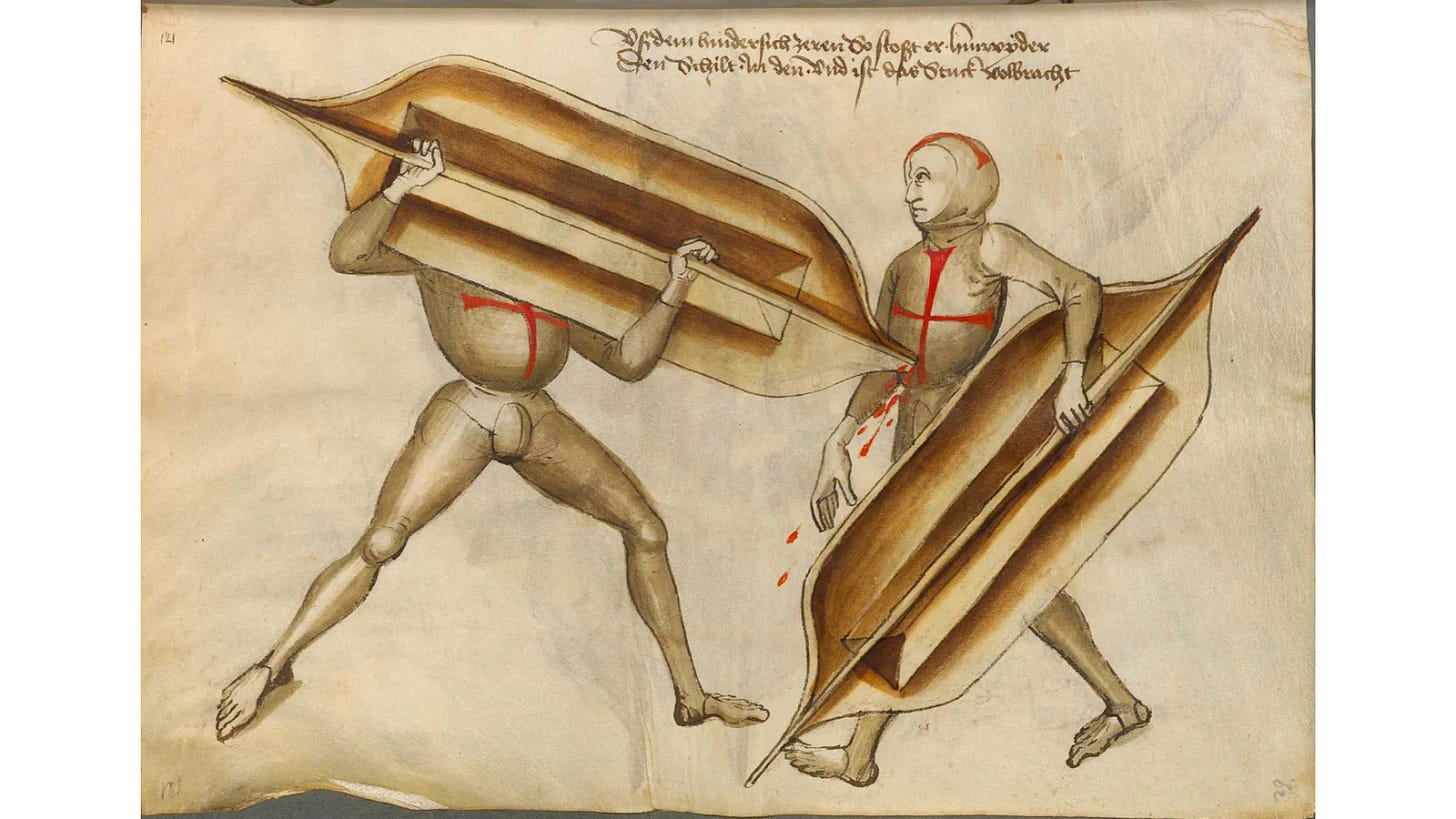
That thing about wireless as a song-selling lyric device...
I worked in the bicycle industry for a couple decades and dug into its history a bit. Along about 1890-95, as the bicycle grew into one of the most dominant industries of its age (by some measures, proportionally bigger than computers are now) it also became a dominant cultural icon worthy of mention in other contexts – yeah, music. Because anything labeled with an illustration (or just the word "bicycle") – (yeah, the playing cards) would sell better. And the song about Daisy on the "bicycle built for two" was written in honor of an actual wedding of a renowned cyclist and his bride, who left the ceremony on a tandem.
The story about the new patent office housing all the patents about every enterprise in America EXCEPT bicycles – which had their own separate building – is apparently apocryphal, but it captures how much they had embedded in society by the mid 90's.
I’ve been listening to noise (brown and other kinds) on the Infinite Noise Project Substack, which I have subscribed to. Sometimes the noise suggests a musical instrument such as violoncello or Rhodes piano, other times nature sounds or just abstract sounds. I’ve listened to many kinds of ambient music, and the Infinite Noise Project is my favorite by far.